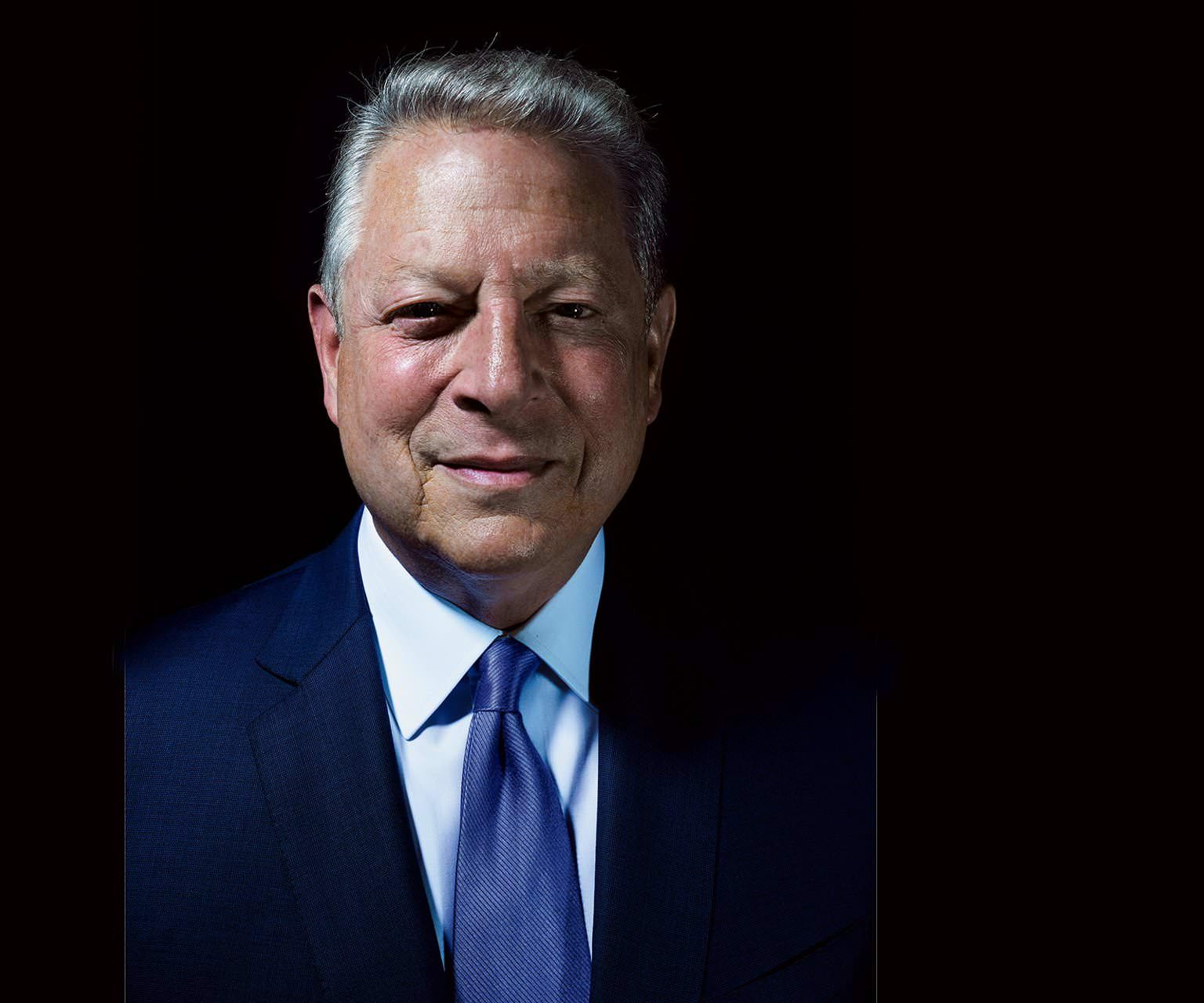
When I left the White House in 2001, I really didn’t know what I was going to do with my life,” Al Gore told me this summer, at his office in the Green Hills district of Nashville. “I’d had a plan”—this with a seemingly genuine chuckle rather than any sign of a grimace— “but … that changed!” After the “change,” via the drawn-out 2000 presidential election in which he won the vote of the populace but not that of the Supreme Court, for the first time in his adult life Gore found himself without an obvious next step. He was 52, two years younger than Barack Obama is now; he hadn’t worked outside the government in decades; and even if he managed to cope personally with a historically bitter disappointment that might have broken many people, he would still face the task of deciding how to spend the upcoming years.
Some of the answers he found are known to everyone. He connected himself with the leading tech firms of the era, Google and Apple. In 2005 he and a partner launched Current TV, which in 2013 was sold to Al Jazeera for several hundred million dollars. Throughout his political life he was poor compared with many senators; now by any standard he is rich. According to his financial-disclosure forms, Gore was worth between $1 million and $2 million when he ran for president. Gore declined to discuss his personal finances with me, but published estimates of his net worth are in the hundreds of millions. He was the most prominent U.S. politician to issue an early warning against the impending invasion of Iraq, which he did in a speech in California in September 2002. His first book about climate change, An Inconvenient Truth, was a No. 1 international best seller. The movie version won two Oscars, the audiobook won a Grammy, and for his climate work Gore was a co-winner of the Nobel Peace Prize in 2007.
This story is from the November 2015 edition of The Atlantic.
Start your 7-day Magzter GOLD free trial to access thousands of curated premium stories, and 9,000+ magazines and newspapers.
Already a subscriber ? Sign In
This story is from the November 2015 edition of The Atlantic.
Start your 7-day Magzter GOLD free trial to access thousands of curated premium stories, and 9,000+ magazines and newspapers.
Already a subscriber? Sign In

JOE ROGAN IS THE MAINSTREAM MEDIA NOW
What happens when the outsiders seize the microphone?

MARAUDING NATION
In Trumps second term, the U.S. could become a global bully.

BOLEY RIDES AGAIN
America’s oldest Black rodeo is back.

THE GENDER WAR IS HERE
What women learned in 2024

THE END OF DEMOCRATIC DELUSIONS
The Trump Reaction and what comes next

The Longevity Revolution
We need to radically rethink what it means to be old.

Bob Dylan's Carnival Act
His identity was a performance. His writing was sleight of hand. He bamboozled his own audience.

I'm a Pizza Sicko
My quest to make the perfect pie

What Happens When You Lose Your Country?
In 1893, a U.S.-backed coup destroyed Hawai'i's sovereign government. Some Hawaiians want their nation back.

The Fraudulent Science of Success
Business schools are in the grips of a scandal that threatens to undermine their most influential research-and the credibility of an entire field.